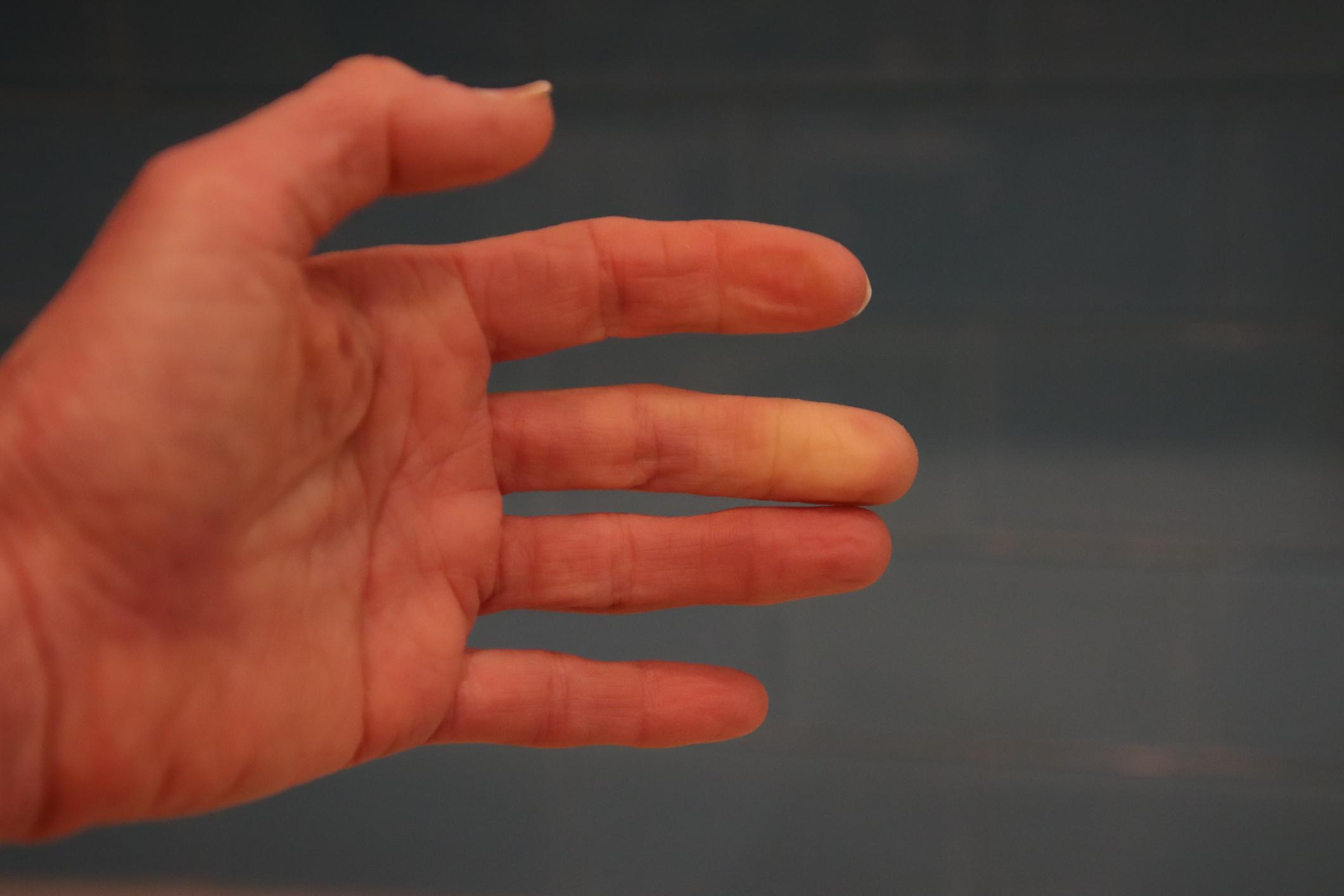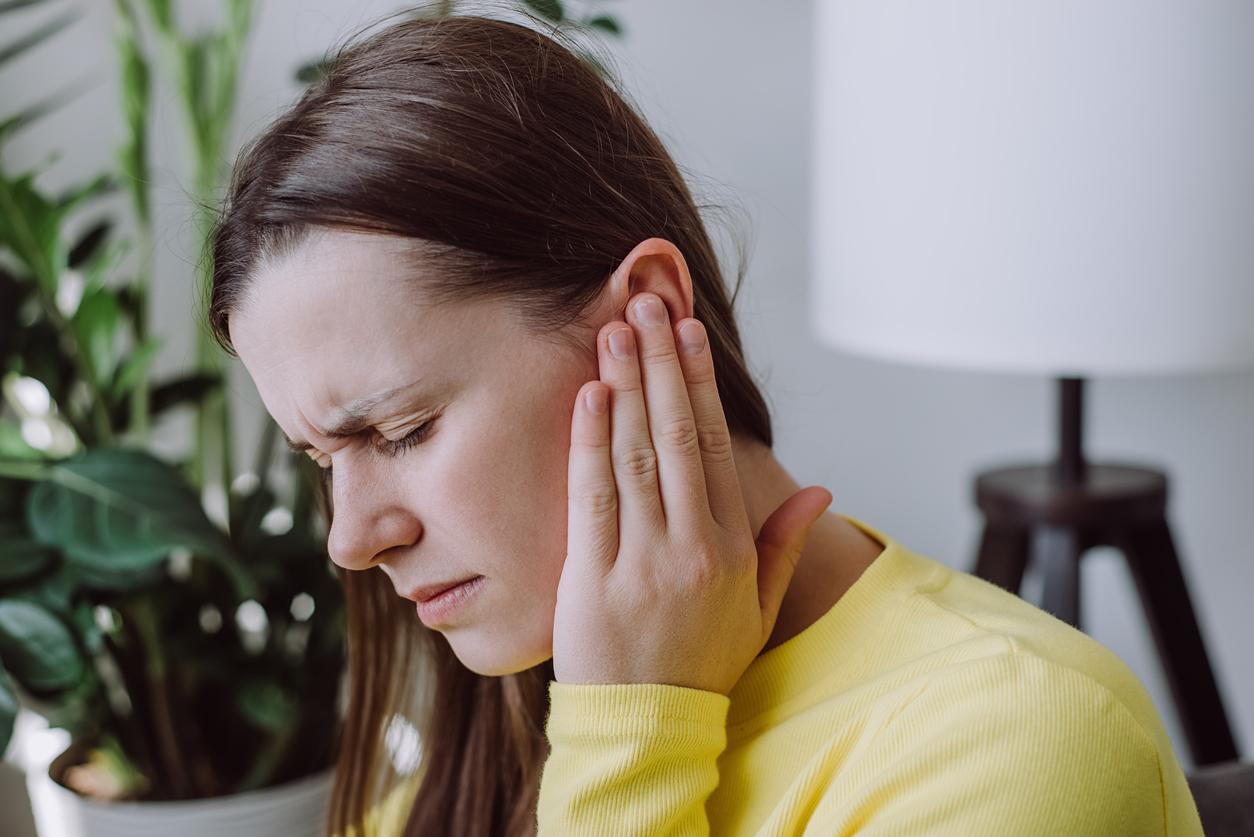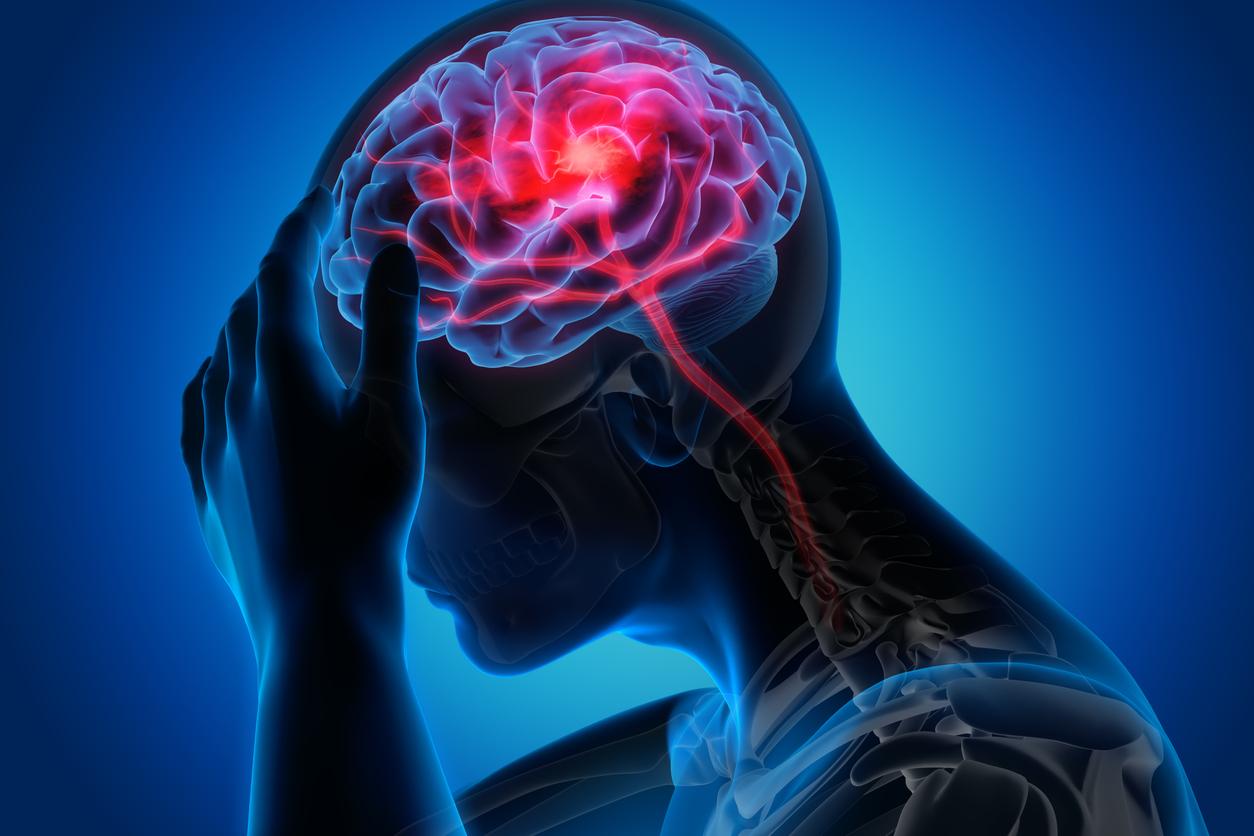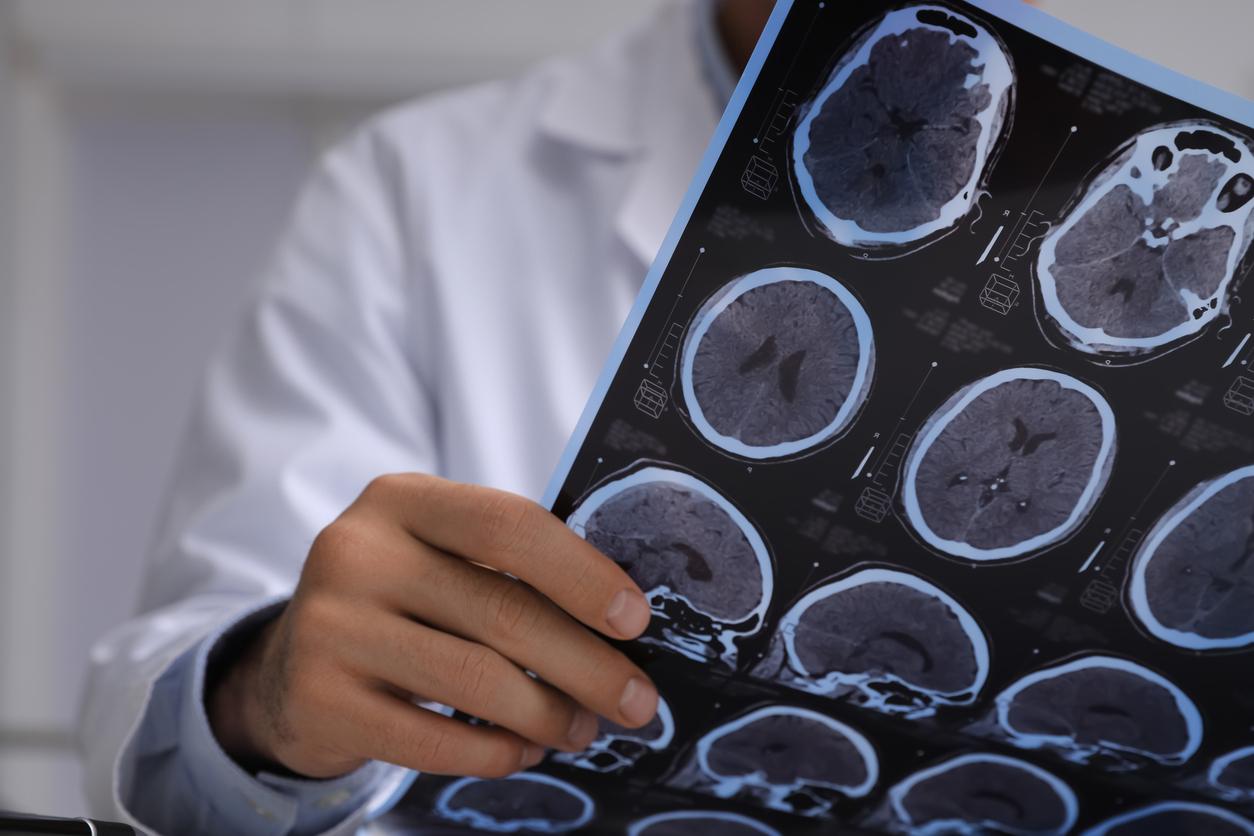
Therapy, medicines and contact
People with borderline experience a lot in their lives with disappointments, failures and changes in relationships, work and hobbies. This is often difficult for people in their environment to understand. Contacts are sometimes broken due to unjust accusations, lies and outbursts of anger. And that while there is a lot to do about borderline these days.
Not every patient with borderline needs to be treated in an institution for mental health care (GGZ), psychologists, psychiatrists and alternative treatment circuits also offer good help. Nevertheless, it is certainly advisable in the case of serious problems to follow a specialized program of a mental health institution.
ambulatory
Most borderline treatments take place on an outpatient basis (talks at the outpatient clinic). Another option is to follow part-time treatment (2 to 3 days a week following a program on an outpatient basis). A third possibility is a clinical program. You will then be admitted to a specialized clinic for 5 days a week and you will be home on the weekends.
When tensions are too high, someone is seriously injured, shows dangerous behavior or has a tendency to commit suicide, temporary admission to a psychiatric hospital is necessary. In case of serious danger, there may be a compulsory admission, but this is more often decided in consultation with the patient, GP, practitioner and family.
Therapy
The treatment of BPD can have several goals. Sometimes treatment focuses on coping better with the disorder, through crisis management and stabilization. This treatment is not aimed at a cure.
A second possibility is a treatment that focuses on reducing certain symptoms. This is especially true for social skills training. Finally, treatment can also target biological processes associated with certain symptoms.
To trust
During the first phase of a treatment, a relationship of trust must be established between patient and practitioner. Time and patience are necessary for this, as are clear agreements. After that, providing insight into the disorder, acceptance and creating balance and stability are central.
Different forms of behavioral therapy, individual or group, can be useful. Family or couples therapy can improve contact with the environment. Psychomotor therapy can help to cope well with tension and anger.
Medicines
Drugs are an important tool in the treatment of BPD. Calming drugs are the most commonly prescribed, but antipsychotics are also regularly used. These reduce impulsivity, intense emotions and psychotic symptoms. Antidepressants are also prescribed for prolonged depression.
Do it yourself
For people with borderline it is important to talk to someone about the complaints and to seek help. Structure in the daily schedule is also essential, as are moments of rest. Keeping a journal can help identify feelings and moods.
It is also necessary for people with BPD to become aware of the fact that they often think in extremes. Bringing nuances in mind can help with this. Taking a break when you feel a strong impulse emotion, for example by going for a run, is also a good tip.
Surroundings
If you have someone close to you with borderline, it is important to make clear agreements about contact. Clearly state your limits and stick to them. Do not try to take on the role of counselor and do not give advice or tips. In addition, take enough time for yourself. Then you have a greater chance that the relationship with a borderline will remain good.
















